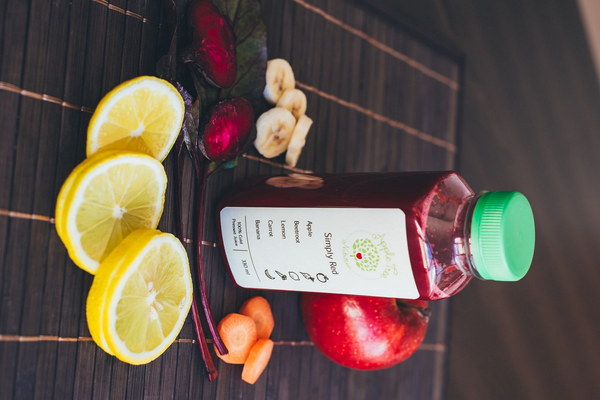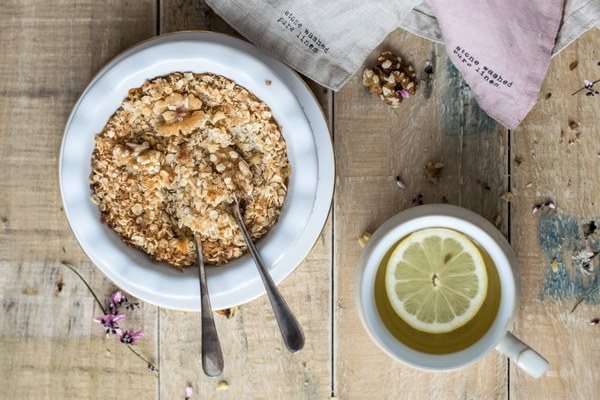Revitalize Your Liver A Comprehensive Guide to Liver Care and Nutrition
Introduction:
The liver is a vital organ responsible for detoxifying the body, metabolizing nutrients, and producing essential proteins. Maintaining a healthy liver is crucial for overall well-being. This article delves into the art of liver care and nutrition, offering practical tips on how to nourish and replenish your liver for optimal health.
1. Understanding Liver Function:

The liver performs numerous functions, including filtering blood, storing vitamins and minerals, and producing bile to aid in digestion. Recognizing the importance of these functions can help us understand how to support liver health.
2. Dietary Tips for Liver Care:
A balanced diet is key to maintaining a healthy liver. Here are some dietary recommendations:
a. Increase Consumption of Fruits and Vegetables:
Rich in antioxidants and fiber, fruits and vegetables help protect the liver from damage. Aim to incorporate a variety of colorful produce into your meals.
b. Limit Alcohol Intake:
Excessive alcohol consumption can lead to liver disease. It's important to moderate your alcohol intake or avoid it altogether to protect your liver.
c. Choose Healthy Fats:
Opt for healthy fats such as omega-3 fatty acids found in fish, nuts, and seeds. These fats can help reduce inflammation and support liver function.
d. Avoid Processed Foods and Trans Fats:
Processed foods and trans fats can contribute to liver damage. Replace these with whole, unprocessed foods.
3. Nutritional Supplements:
While a balanced diet is essential, some people may benefit from additional nutritional supplements. Here are a few to consider:
a. Milk Thistle: A popular herb known for its liver-protective properties, milk thistle contains silymarin, which may help reduce liver inflammation and support liver regeneration.
b. Vitamin E: This fat-soluble vitamin has antioxidant properties that can protect the liver from oxidative stress.
c. B Vitamins: B vitamins, particularly B6, B12, and folic acid, are crucial for liver function and can help reduce liver damage.
4. Exercise Regularly:
Regular physical activity can improve liver health by reducing fat accumulation in the liver and improving overall metabolism. Aim for at least 150 minutes of moderate-intensity aerobic exercise or 75 minutes of vigorous-intensity exercise per week.
5. Manage Stress:
Chronic stress can impact liver function. Incorporating stress-reducing techniques such as meditation, yoga, or deep breathing exercises can help maintain a healthy liver.
6. Avoid Over-the-Counter Medications and Supplements:
Many over-the-counter medications and supplements can be harmful to the liver. Always consult with a healthcare professional before starting any new medication or supplement.
7. Regular Health Check-ups:
Regular health check-ups can help identify any liver-related issues early. Your doctor can provide guidance on liver care and recommend appropriate screening tests.
Conclusion:
Taking care of your liver is essential for overall health. By adopting a balanced diet, limiting alcohol intake, engaging in regular exercise, and managing stress, you can support your liver's functions. Remember to consult with a healthcare professional for personalized advice on liver care and nutrition. With the right approach, you can keep your liver healthy and functioning optimally.









